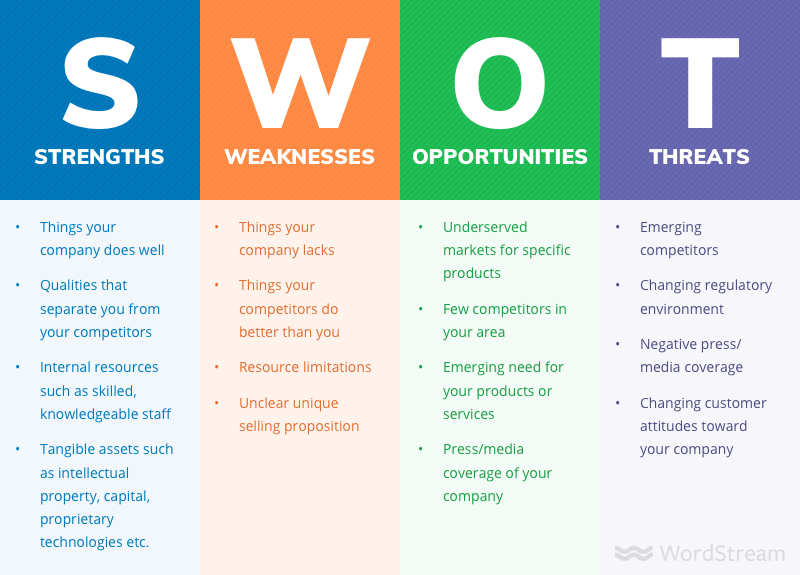Creating a Business Plan
When starting a new business in the tech industry, having a solid business plan is essential for success. A well-thought-out business plan not only helps you secure funding and attract investors, but it also serves as a roadmap for your company’s growth and development. In this article, we will discuss the do’s and don’ts of creating a business plan for your tech startup.
Do: Research and Understand Your Market
Before you start drafting your business plan, it’s crucial to research and understand your target market. Identify your competitors, analyze industry trends, and determine your target audience’s needs and preferences. This information will help you develop a unique value proposition and competitive strategy that sets your business apart in the market.
Don’t: Overestimate Your Financial Projections
While it’s important to have ambitious goals for your tech startup, it’s equally important to be realistic when projecting your financials. Overestimating revenue projections or underestimating expenses can lead to financial instability and potential challenges down the road. Make sure to conduct thorough market research and consult with financial experts to ensure your financial projections are accurate and achievable.
Do: Define Your Business Goals and Strategies
A business plan should clearly outline your company’s goals and objectives, as well as the strategies you will use to achieve them. Define your mission statement, vision for the future, and specific, measurable goals that align with your overall business strategy. Developing a clear roadmap will help you stay focused and track your progress towards success.
Don’t: Neglect Your Marketing Plan
Marketing is a key component of any successful tech startup, and your business plan should include a detailed marketing strategy. Identify your target market, outline your marketing tactics, and establish a budget for your marketing efforts. Make sure to track your marketing performance and adjust your strategy as needed to ensure maximum impact and ROI.
Do: Include a Comprehensive Financial Plan
Your business plan should include a comprehensive financial plan that outlines your startup costs, revenue projections, and financial forecasts. This section should also detail how you plan to fund your business, whether through bootstrapping, loans, or investor funding. A well-developed financial plan demonstrates to investors that you have a clear understanding of your business’s financials and a solid plan for profitability.
Don’t: Skimp on Market Analysis
Market analysis is a crucial component of any business plan, as it helps you understand your industry, competitors, and target market. Conducting thorough market research will provide you with valuable insights that can inform your business strategy and decision-making process. Make sure to include a detailed market analysis in your business plan to demonstrate to investors that you have a deep understanding of your market and a strong competitive advantage.
Conclusion
Creating a solid business plan is essential for the success of your tech startup. By following the do’s and don’ts outlined in this article, you can develop a comprehensive and effective business plan that sets your company up for growth and success. Remember to continuously update and revise your business plan as your business evolves, and consult with professionals to ensure your plan is well-structured and achievable.
By taking the time to thoroughly research, define your goals, and develop a strong financial and marketing plan, you can position your tech startup for long-term success in a competitive industry.


